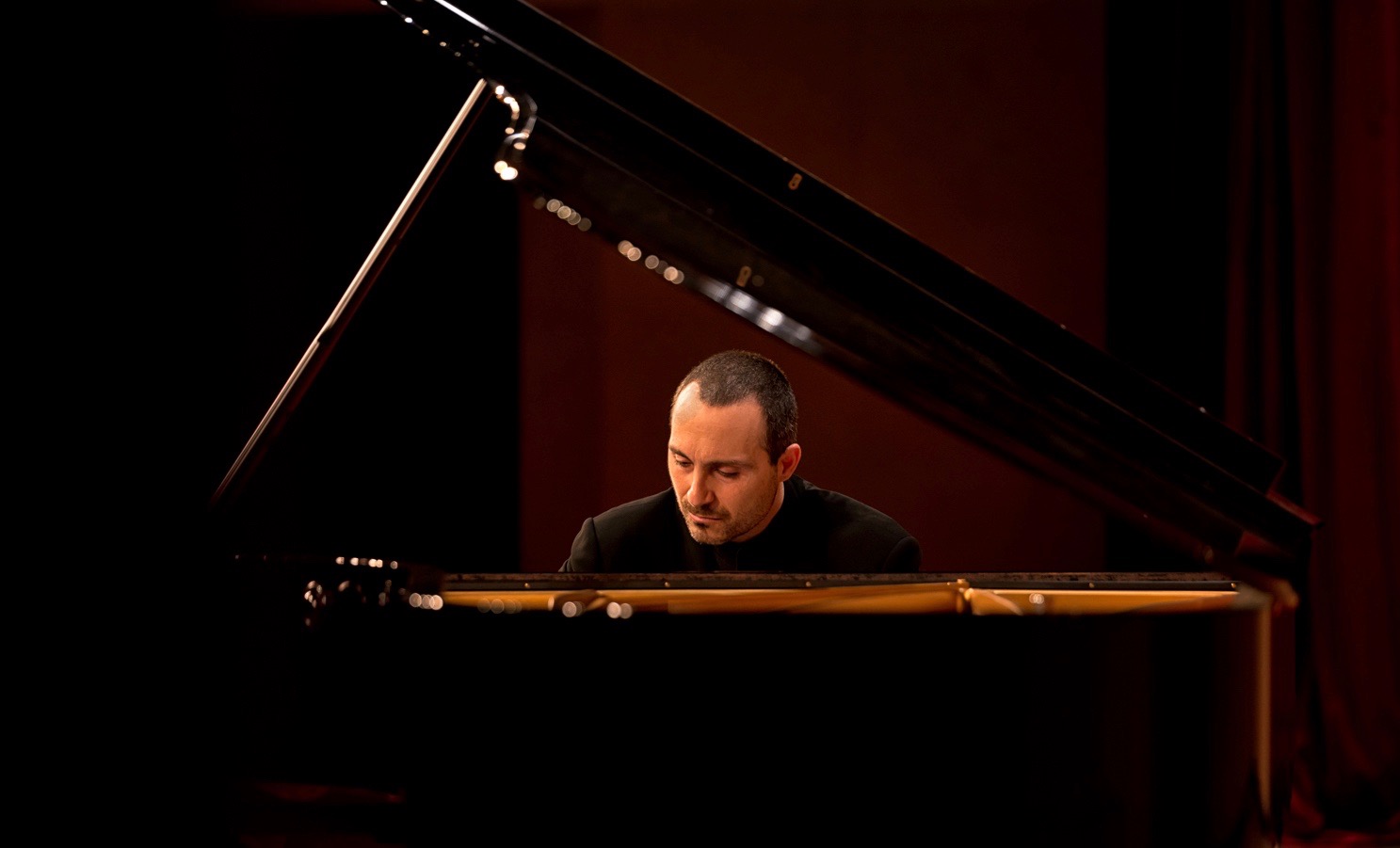Rachmaninoff recalled listening to a series of Anton Rubinstein’s recitals when he was a 12-year old boy, and how the Master was extraordinary, but far from note-perfect. He also said that “for every possible mistake Anton Rubinstein may have made, he gave, in return, ideas and musical tone pictures that would have made up for a million mistakes.” I cannot help but wonder if the scores of note-perfect young pianists today could ever ignite passions and inspire others in the same way. I don’t think that the increased attention paid to precision is necessarily detrimental to the imagination, but it is a fact that great emotionality, near-ecstatic abandonment can easily produce a certain diminution of physical control. To renounce this emotionality altogether for the sake of not missing a single note, is to miss the whole point of performing.
Unfortunately, a lot of pianists today are praised for flawless, but pointless execution. I am grateful for those comparatively few who make music and express sentiments, ideas, moods, thoughts, images, colors, perfumes, lights, and shadows, all through the notes, including a few occasional wrong ones.
The well-known video of Paderewski playing the Liszt Rapsodie hongroise II S244 in Lothar Mendes’ film “Moonlight Sonata” (1937) serves well as an example:
